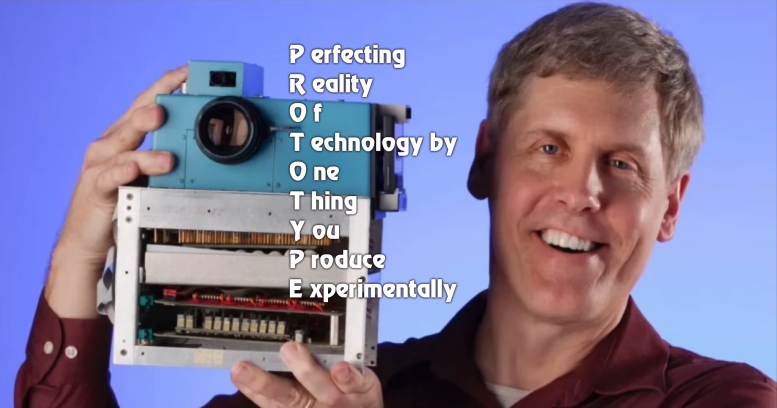
Extinction events are natural, and not just in Nature: this ![]() tells about why Kodak went under, and Fuji Film survived, even today making optical color film. What it also shows, is that taking action to adapt to changing circumstances is more effective than trying to return to previous situations, as this only halts progress. Sure, we can take measures to decrease certain trends towards deterioration, but doing so by taxing the polluters and allowing them to trade their carbon impact like they trade stocks won't make the problem go away: It simply results in polluting companies trying to offload their pollution by trading towards the situation they want.
tells about why Kodak went under, and Fuji Film survived, even today making optical color film. What it also shows, is that taking action to adapt to changing circumstances is more effective than trying to return to previous situations, as this only halts progress. Sure, we can take measures to decrease certain trends towards deterioration, but doing so by taxing the polluters and allowing them to trade their carbon impact like they trade stocks won't make the problem go away: It simply results in polluting companies trying to offload their pollution by trading towards the situation they want.
What we need instead is openness in the processes that are used to manufacture our goods, and letting customer karma sort things out. But consider this: in an age where all technology becomes ever smaller, the impact of matter on Nature becomes ever less. Where the protoype of the first digital camera shown above was clunky compared to optical cameras at the time, the development of the digital camera soon led to smaller and smaller cameras, later integrated into smart phones etc.
At the same time information became ever more important, and personally I now realize that what I always thought about the freedom of being able to use computers is in fact the concept that information is essentially free energy: what I put into words here might cause an action on the other side of the globe. Heck, my support for some people across the globe may cost me money, but the cost of getting it there is infinitessimal!